Scott AndersonJonah 3:10-4:11 † Psalm 145:1-8 † Philippians 1:21-30 † Matthew 20:1-16
You can find a video copy of this sermon in the context of worship here. They are both right, aren’t they? This is no case of fake news. It’s just a problem with perception and location and what’s fair. The laborers who were hired first thing in the morning, who went out and put in their twelve hours under the hot sun cannot abide that they are paid the same as those last to join the party, who work an hour at best—and get just as much. It is not fair. Or, to be more precise, it is not equitable. This is true. And yet, the landowner has an equally valid point, doesn’t he? Did I not keep our agreement? We negotiated for the usual day’s wage at the beginning. This is what I’ve given you. How have I wronged you?
0 Comments
Scott AndersonActs 17:22-31 † Psalm 66 † 1 Peter 3:13-22 † John 14:15-21
If you get the environment right, every single one of us has the capacity to do remarkable things. Not only that, if you get the environment right, good deeds breed good deeds. When the conditions are right, safety, self-sacrifice, mutual love all increase exponentially. Generosity evokes further generosity. We’ve certainly seen that of late with your remarkable generosity toward this community and the church’s work within it. It builds on itself. Advocacy breeds further advocacy. An advocate shapes an environment of mutual support. Advocacy gets the environment right. In John’s story Jesus speaks of the Spirit as an advocate. “If you love me, you will keep my commandments. And I will ask God to give you another Advocate to be with you forever.” Our Christian tradition understands this in a Trinitarian sense—that the Spirit of God in Christ is now with us forever as an advocate—a force of love absolutely and undeniably for us and for our corporate well-being. A force that abides in the very heart of God. Scott AndersonActs 2:14a, 36-41 † Psalm 116:1-4, 12-19 † 1 Peter 1:17-23 † Luke 24:13-35 For over 1400 days—nearly four years—between 1992 and 1996, the city of Sarajevo was under siege. One study of the survivors found that many had developed a super-heightened sense of spatial awareness—a skill for evading bullets or bombs, a skill that they carried with them throughout their lives. “People, during times of prolonged, radical change, end up changing,” said the study’s author[i] in an article this week that takes an early run at how we might be changed on the other side of this pandemic. It makes sense. We are an adaptable species. We grow and change according to requirements on the ground, in the environment, or just at home in these times. Not surprisingly, studies from previous outbreaks—SARS, Ebola and swine flu—showed almost universal spikes in anxiety, depression and anger. But they also found that people acted to regain a sense of autonomy and control. People worked on their diet. They read more news. They made art. Who knows, maybe they made masks. You may remember those Sarajevo roses we showed you some months ago in the “before times.” Scott AndersonMatthew 21:1-11 † Psalm 118:1-2, 19-29
I suspect it is good for us to remember, especially on a day like today, that where we start is not where we end. It’s true of this infection curve that has become so ubiquitous to our Facebook feeds and news casts; it’s true of the limitations we are being asked to put on our movements and interactions; and it is true of this story of a parade and the tightly-packed cheering, chanting, dizzy crowd that may cause you to squirm as much as it does me, alert and militant in our commitment to social distancing and to the prevention of spreading this infection to our neighbors and loved ones. But here we are at the beginning of a Holy Week that is going to get even more crowded and super-heated than it already is here among the palms and coats and shouts, before we find ourselves just a week from now amidst the quiet of dawn and a garden and a tomb that is empty of even its one quarantined resident. Scott AndersonExodus 24:12-18 † Psalm 2 † 2 Peter 1:16-21 † Matthew 17:1-9 When you are out in the wilderness and you see a big cloud coming, you start to look for shelter. You don’t need to be an expert hiker to know this. You feel it first. This is especially true when you are up high and exposed. Conditions can change in an instant, and if you are not prepared, you can find yourself in danger far more quickly than you would imagine down here near sea level, among the trees. And yet, many of us—especially in this region—are drawn to the mountains and the wilderness and the unknown, despite the inherent dangers. We are looking for something, it seems, that we do not regularly encounter. We are seeking something that cannot be readily obtained in the ordinariness of our day-to-day lives here in the lowlands. “I’m drawn to places,” writes Eric Weiner, “that beguile and inspire, sedate and stir, places where, for a few blissful moments I loosen my death grip on life, and can breathe again.”[i] Heaven and earth, the Celtic saying goes, are only three feet apart. Yet these ancient seekers knew that in some places—they called them “thin places”—the distance is even shorter. There is something about these places. You feel it when you’re there. And they are everywhere. Like up near Lake Tipsoo on the edge of Rainier National Park and the mountain the early settlers of this land knew as Tahoma.
Scott Anderson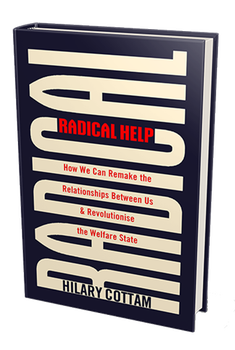 This is Hilary Cottam in a TED talk from 2015.[i] She’s a social entrepreneur whose been thinking much of her life about how we solve some of these deep and complex social problems that have been perplexing us for some time now. She has a new book out, called Radical Help[ii] that takes a deep dive into the welfare state and how we might remake it. As you can tell, she’s doing her work in Great Britain, and has spent most of her life in Europe and Africa exploring these questions. But I think her work speaks to our own experience in the states as well, and to the needs for many of our institutions to adapt to changing realities. In her presentation, Cottam goes on to provide a pretty stark picture of how the system as it currently is does not serve Ella well or others in similar circumstances, but may, in fact, work to keep them imprisoned in a cycle of despair, even as the people and the institutions they serve were and continue to be well-intentioned. Scott AndersonDeuteronomy 26:1-11 † Psalm 91:1-2, 9-16 † Romans 10:8b-13 † Luke 4:1-13
Possession is nine-tenths of the law. No doubt you’ve heard this adage that suggests that if you possess something, you have a stronger legal claim to owning it than someone who merely says they own it. The doctrine allowed Floyd Hatfield to retain possession of the pig that the McCoys claimed was their property, although we can imagine it didn’t make their lives better or help to de-escalate the historic dispute between the Hatfields and McCoys. The old saw has underlined feuds on too many school playgrounds to count. It has destroyed countless friendships. It has been front and center in disputes in U.S. history with tragic results for many of the early dwellers of these lands. It has contributed to the fire between Palestinians and Israelis, and all of their proxies, and in too many stories to tell on every continent throughout every age. The question of ownership and land is arguably at the root of every conflict, all human violence, and the climate change peril that our planet and its inhabitants are facing. So it may interest us to note that this is something of a theme in the telling of our scriptures today. Scott Anderson“I’m drawn to places,” writes Eric Weiner, “that beguile and inspire, sedate and stir, places where, for a few blissful moments I loosen my death grip on life, and can breathe again.”[i] He is speaking of what we’ve come to know as thin places.
Heaven and earth, the Celtic saying goes, are only three feet apart, but in thin places that distance is even shorter. The ancient Celts used the term to describe places like the wind-swept isle of Iona where Julie Kae will have an opportunity to spend some time this summer as a part of her sabbatical. Scott AndersonI am an avid reader of the comics. If I’ve read nothing else from the paper on a Sunday morning I will look at breaking news to see what we need to be mindful of, and I will read the comics--religiously!
Pearls Before Swine is one of my favorite comics these days, and I love how this one gets right to the heart of our stress-filled, bubbled, and too-often disconnected existence. And more to the point, I love how it gets to what is at the center of this gospel today: Love your enemies. Or maybe it doesn’t. To imagine the person who cut you off on the freeway is your enemy is something of a stretch, isn’t it? It’s a verbal weaponization of a pretty mundane event, to imagine my neighbor on the freeway is my enemy, and not instead, someone who may be having a bad day, like I might be. We probably shouldn’t domesticate the notion so carelessly, because there is much, much worse that is done for which we should preserve such a decisive word like enemy. In these days of Fake News, we should try to be as accurate and truthful as we possibly can. Scott AndersonJeremiah 17:5-10 † Psalm 1 † 1 Corinthians 15:12-20 † Luke 6:17-26
As I was studying our texts for today, I found myself rooting around for a way to understand blessing as it is portrayed in Luke from Jesus: Blessed are you who are poor. Blessed are you who are hungry now. Blessed are you who weep now. God is on your side. But the more I tried to unpack this idea, the more I tried to understand how really this translates into blessing, the more stuck I got. How is it a blessing to be hungry now even if you’ll get something later? How is it blessing to weep now, simply for the promise of a laugh later? Sure, there are some ways to get at this, but they are problematic, too often approaching some twisted endorsement for suffering or persecution. And how is the promise of the Kingdom a blessing now for a poor one who has nothing and is in danger? If I’m honest, I have to admit I don’t know the answer. I really don’t know how to understand this idea of blessing. I don’t understand how it is a blessing to be poor and to go without and to live on the edges of society. I don’t see it. I wish I did, but I don’t. Perhaps you do. Given that, I’ve realized I’m not in a position to unpack this first part of the passage in Luke that is blunt and gritty and material and so much in contrast to the ethereal “blessed are the poor in spirit” that Jesus proclaims in Matthew.[i] At least part of the problem, if not all, of course, is that I’m not poor. How should I expect to understand something I haven’t experienced—especially something as hard as this? And the fact is, most, if not all of us, by objective standards are not poor. If we measure ourselves and our wealth and well-being through the arc of history, this is abundantly clear. We have access to food and the basic resources needed for survival in far greater quantity and more reliably than previous generations and even more so than our pre-modern ancestors. And even if we measure ourselves in comparison to the world population as it is today, it is difficult to argue we are poor by any standard. |
St. Andrew SermonsCategories
All
|

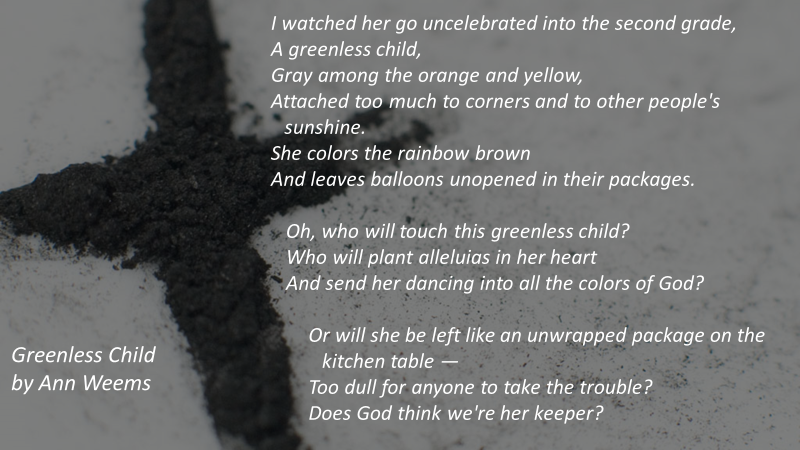
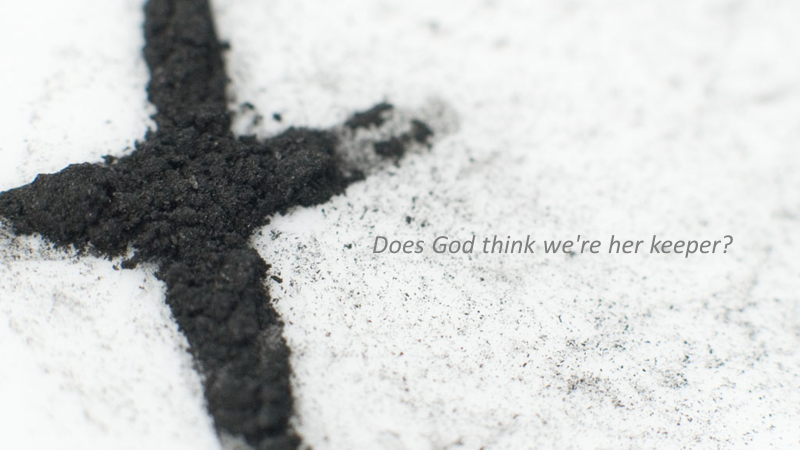
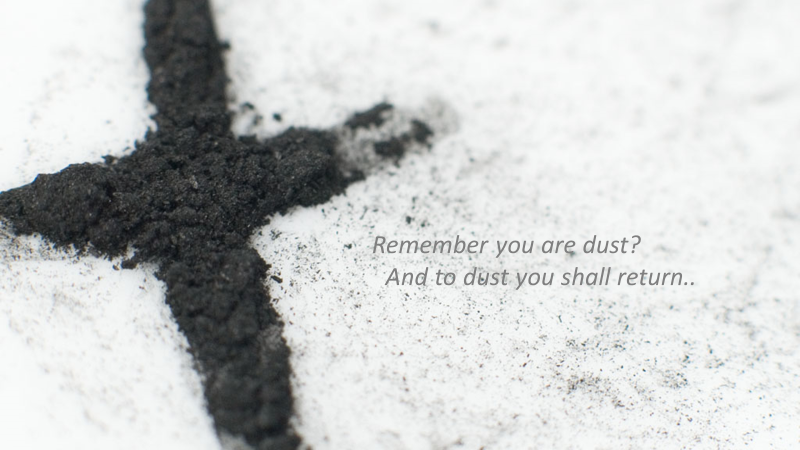
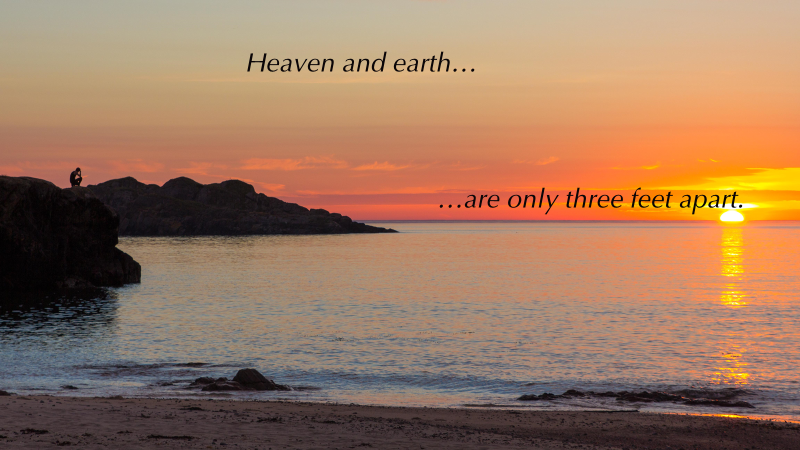
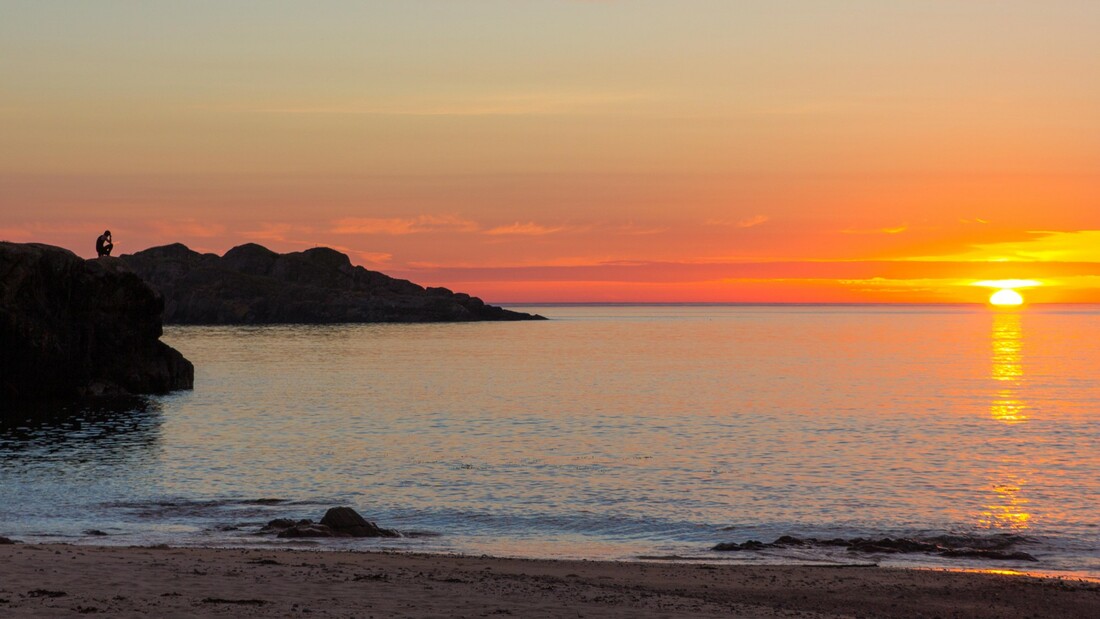

 RSS Feed
RSS Feed